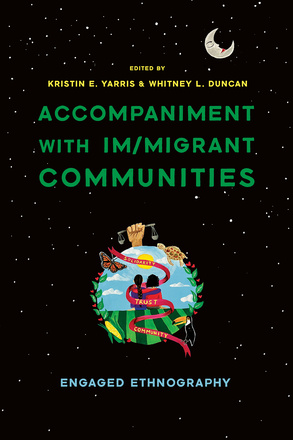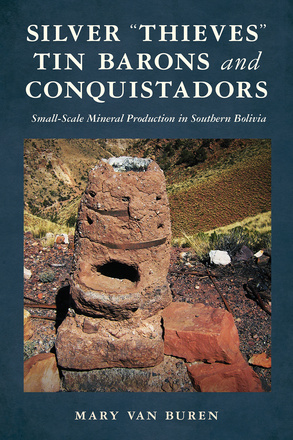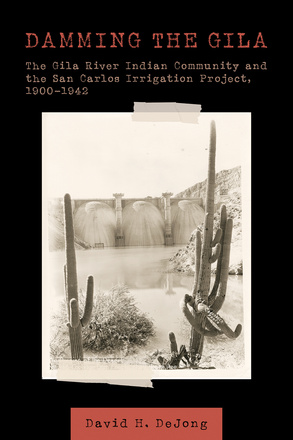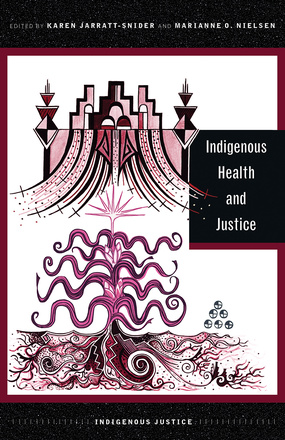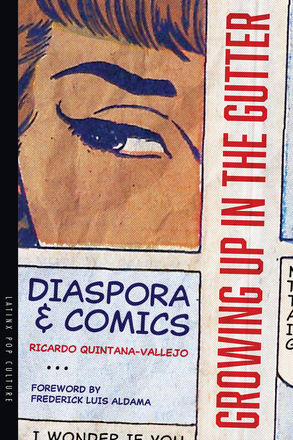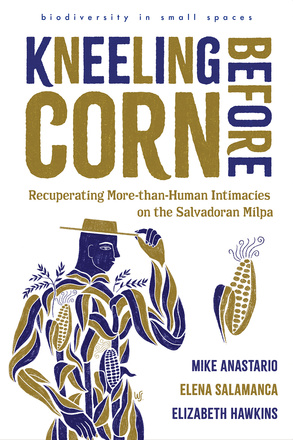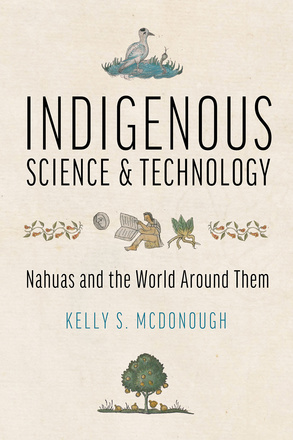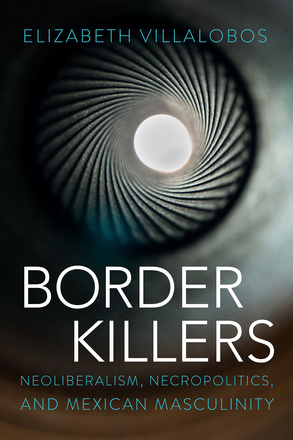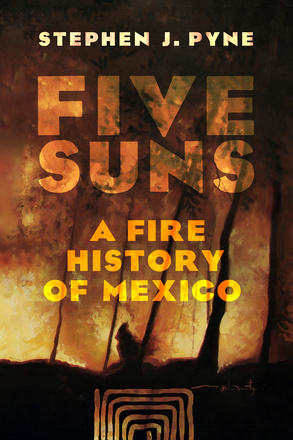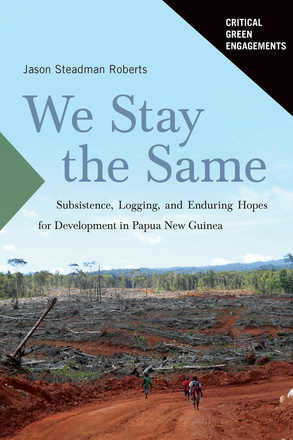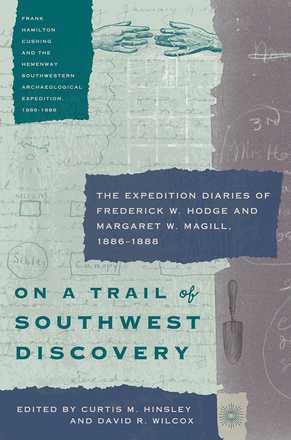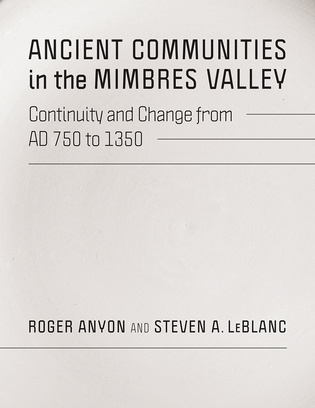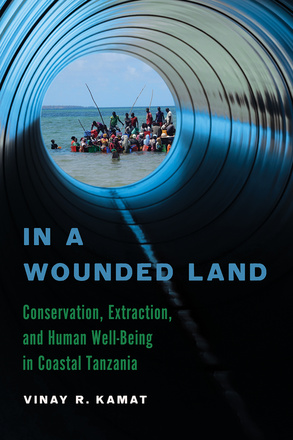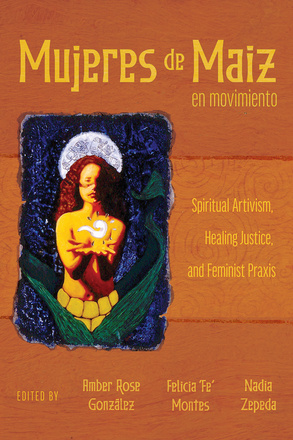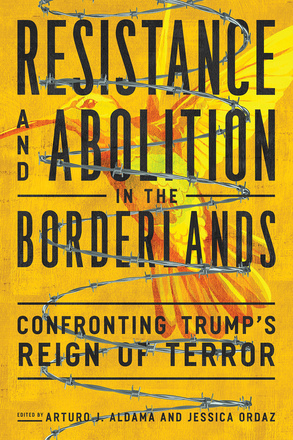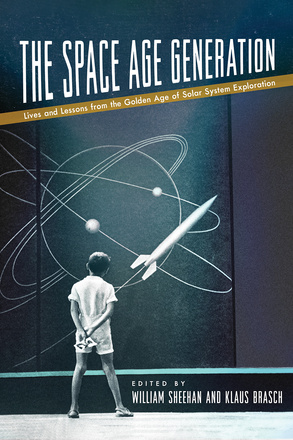The University of Arizona Press is the premier publisher of academic, regional, and literary works in the state of Arizona. They disseminate ideas and knowledge of lasting value that enrich understanding, inspire curiosity, and enlighten readers. They advance the University of Arizona’s mission by connecting scholarship and creative expression to readers worldwide.
Accompaniment with Im/migrant Communities
Engaged Ethnography
This edited volume is a collective conversation between anthropologists, activists, students, im/migrants, and community members about accompaniment—a feminist care-based, decolonial mode of ethnographic engagement. Across the chapters, contributors engage with accompaniment with im/migrant communities in a variety of ways that challenge traditional boundaries between researcher-participant, scholar-activist, and academic-community member to explicitly address issues of power, inequality, and well-being for the communities they work with and alongside.


